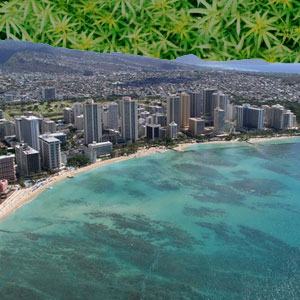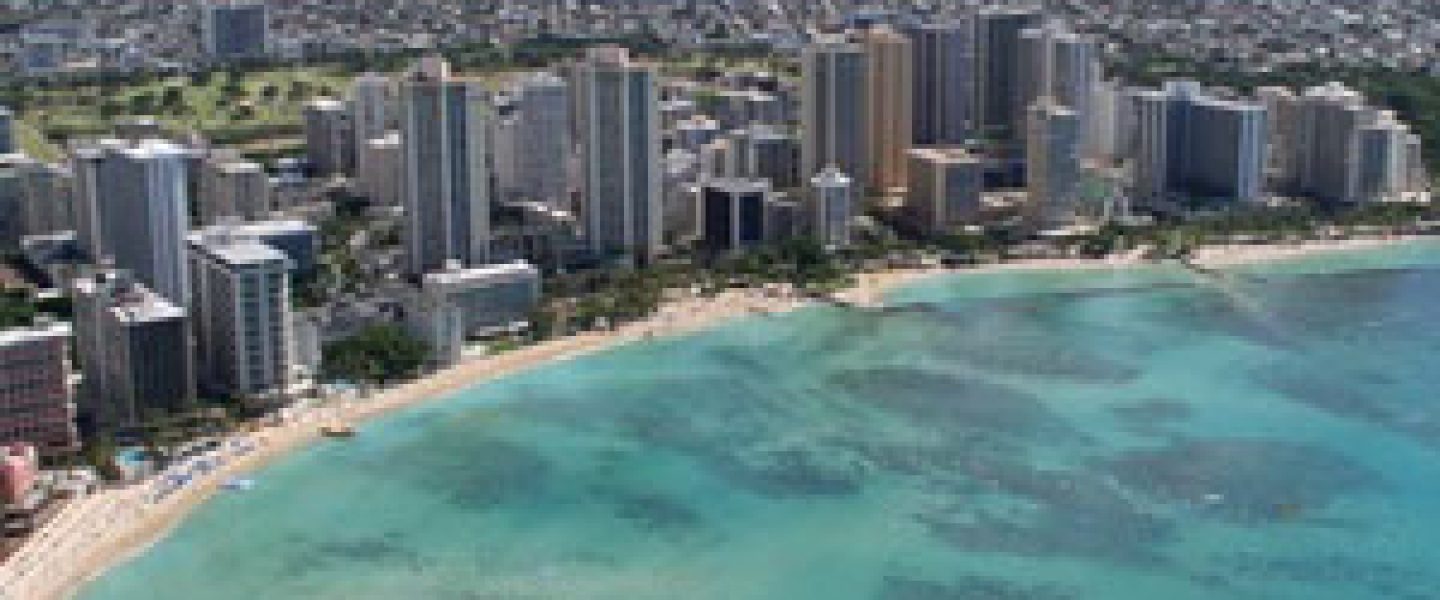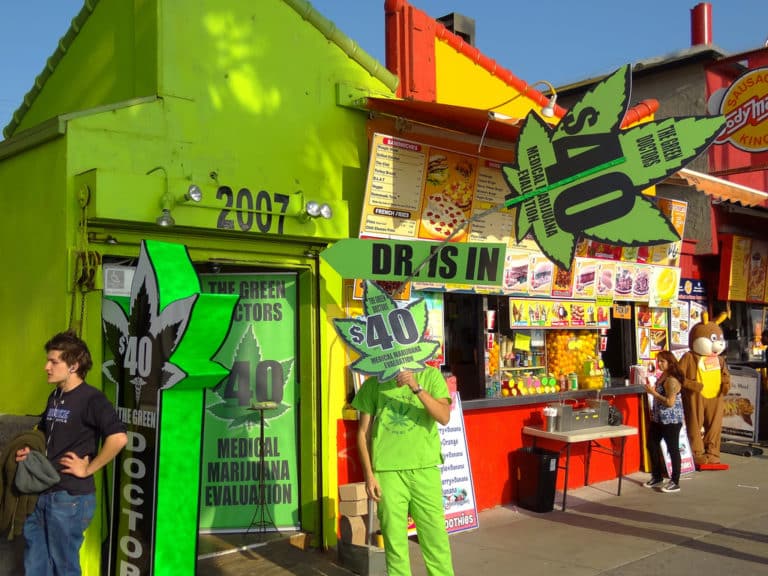 Anyone who has ever started a medical marijuana business knows that there’s a lot to it. It’s much more than simply paying for a business license, renting a place, and opening for business. There are more things involved with starting a medical marijuana business than most other businesses. What are the local regulations, if any? What are the state regulations? What changes to those regulations are likely to occur in the future? What things need to happen to be in compliance with those regulations (potentially for the time being!). Did I mention the usual legal issues that go into a business, such as intellectual property rights, operating agreements, etc.?
Anyone who has ever started a medical marijuana business knows that there’s a lot to it. It’s much more than simply paying for a business license, renting a place, and opening for business. There are more things involved with starting a medical marijuana business than most other businesses. What are the local regulations, if any? What are the state regulations? What changes to those regulations are likely to occur in the future? What things need to happen to be in compliance with those regulations (potentially for the time being!). Did I mention the usual legal issues that go into a business, such as intellectual property rights, operating agreements, etc.?
For obvious reasons, serious medical marijuana entrepreneurs need to seek legal advice from an attorney. Unfortunately for those entrepreneurs in Hawaii, they will not be able to get legal advice for starting a business. The Disciplinary Board of the Hawai’i Supreme Court was asked the following two questions:
- whether a lawyer may provide legal advice about act 241 (which legalized medical marijuana dispensaries)
- whether a lawyer may provide legal services to facilitate the establishment and operation of a medical marijuana business “when such acts are expressly authorized under [Act 241], but remain a crime under federal law, albeit with a low enforcement priority.
As far as I know, every state that has ruled on this has ruled that attorneys can indeed work with marijuana businesses. Unfortunately, that is not the case in Hawaii. The Supreme Court ruled that attorneys can talk about the act itself, but that’s where the counsel ends. Attorneys cannot help businesses setup their operations. So unfortunately, entrepreneurs will have to go it on their own. I expect a flood of mediocre (and that’s putting it nicely) consultants coming to Hawaii to help businesses out. This is not good for patients, and it’s not good for Hawaii.










